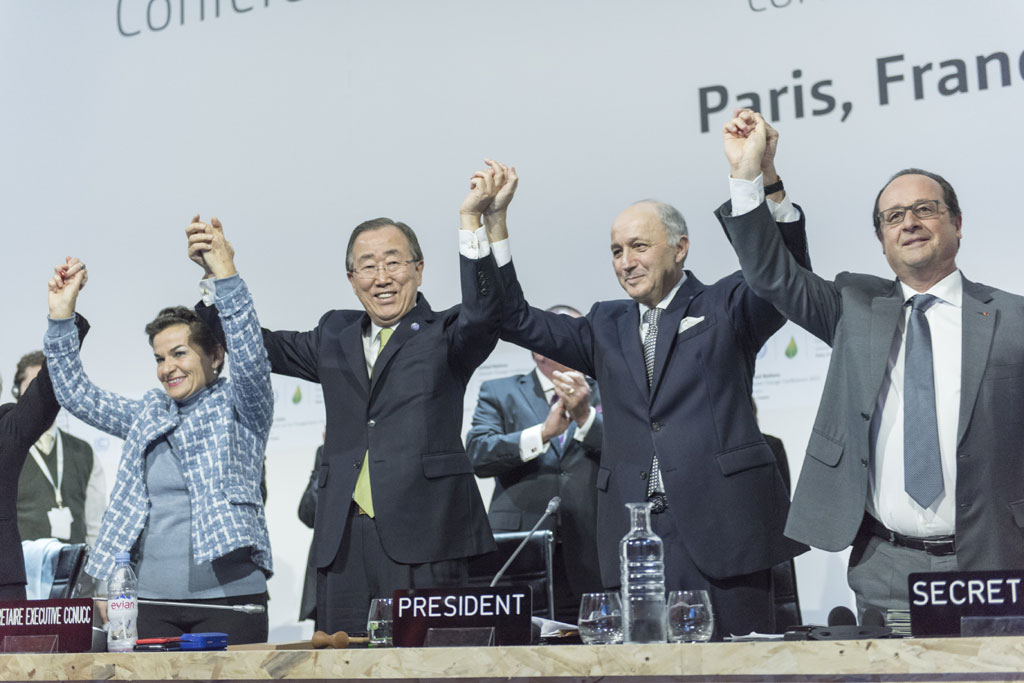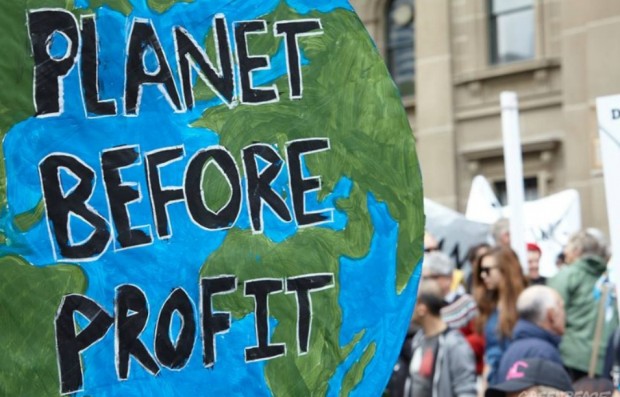Merkel’s G-20 Climate Alliance Is Crumbling
Comment from anti-nuclear activist Bob Rigg: German Chancellor Angela Merkel had actually thought that Canada’s young, charismatic prime minister, Justin Trudeau, could be counted among her reliable partners. Particularly when it came to climate policy. Just two weeks ago, at the G-7 summit in Sicily, he had thrown his support behind Germany. When Merkel took a confrontational approach to U.S. President Donald Trump, Trudeau was at her side.
But by Tuesday evening, things had changed. At 8 p.m., Merkel called Trudeau to talk about how to proceed following Trump’s announced withdrawal from the Paris climate agreement. To her surprise, the Canadian prime minister was no longer on the attack. He had switched to appeasement instead.
What would be wrong with simply striking all mentions of the Paris Agreement from the planned G-20 statement on climate, Trudeau asked. He suggested simply limiting the statement to energy issues, something that Trump would likely support as well. Trudeau had apparently changed his approach to Trump and seemed concerned about further provoking his powerful neighbor to the south.
Comment from DiEM25’s unofficial Facebook discussion forum:
https://www.facebook.com/groups/diem25/permalink/1686488131657715/
M.R.: Trudeau does this more often: paying lip service to the climate, but allowing further exploitation of the Alberta tar sands for example. He does the same with native Americans and Inuits, granting and securing some symbolical rights, but then violating those rights when it comes to pipelines. W.H.: How important, then, is ideological rectitude in the climate debate? Trudeau is on what is known as the right side ideologically, but shows through his decisions that he supports the wrong side. On the other hand there are people on the wrong side ideologically, i.e. who are climate change sceptics, who are nevertheless against emissions trading, nuclear energy (fission), deregulation and privatization of electricity, geoengineering and much else that everyone, I assume on this forum, or almost everyone, would oppose. What should be the basis of alliance building, ideology or practice?
A.S.: To rely on capitalist “free” market incentives to reduce carbon emissions (“fresh air” quotas sold to CO2-polluters) has been a double-talk manipulation of the world public ever since the “invention” of that trick.
W.H. And unfortunately, unlike in the early years of the practice when there were voices against it that were not climate change skeptics http://www.carbontradewatch.org/pubs/cns.pdf , or at least more than there are now, they have in the meantime been drowned out in the totalitarian bipolar divide-and-rule game of the “climate debate”. The treatment that is being meted out at the moment to the employees federation of Greece’s Public Power Corporation, who recently issued a public statement on climate that is being interpreted as support for Trump, is a case in point. There is ideological pressure as strong as Cold War anti-Communism.
Postscript: Otto Schilly characterizes Germany’s Energiewende as an economic, social and ecological disaster: http://notrickszone.com/2017/05/19/germanys-energiewende-an-economic-social-and-ecological-disaster-writes-top-german-socialist/#sthash.Z66izZgF.dpbs











